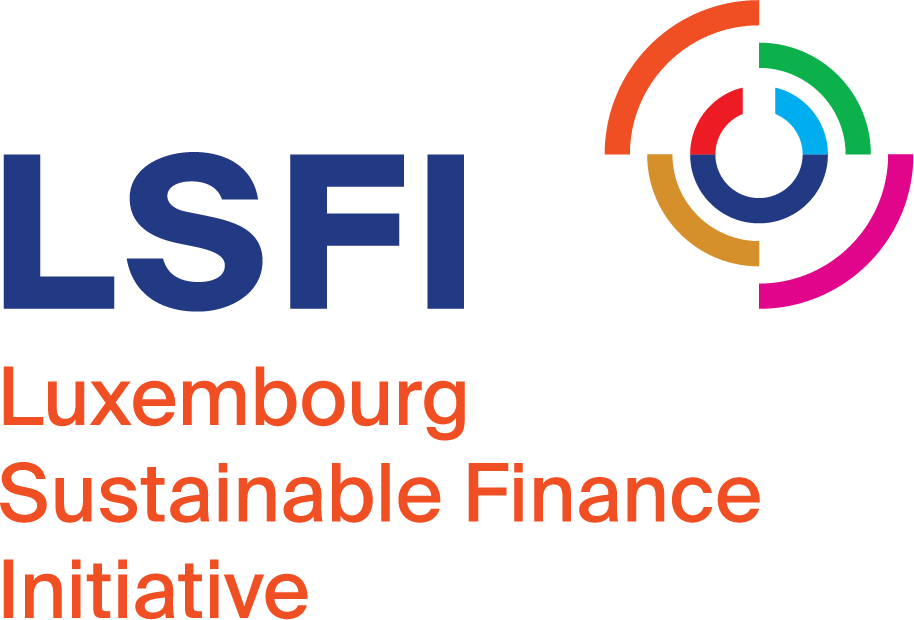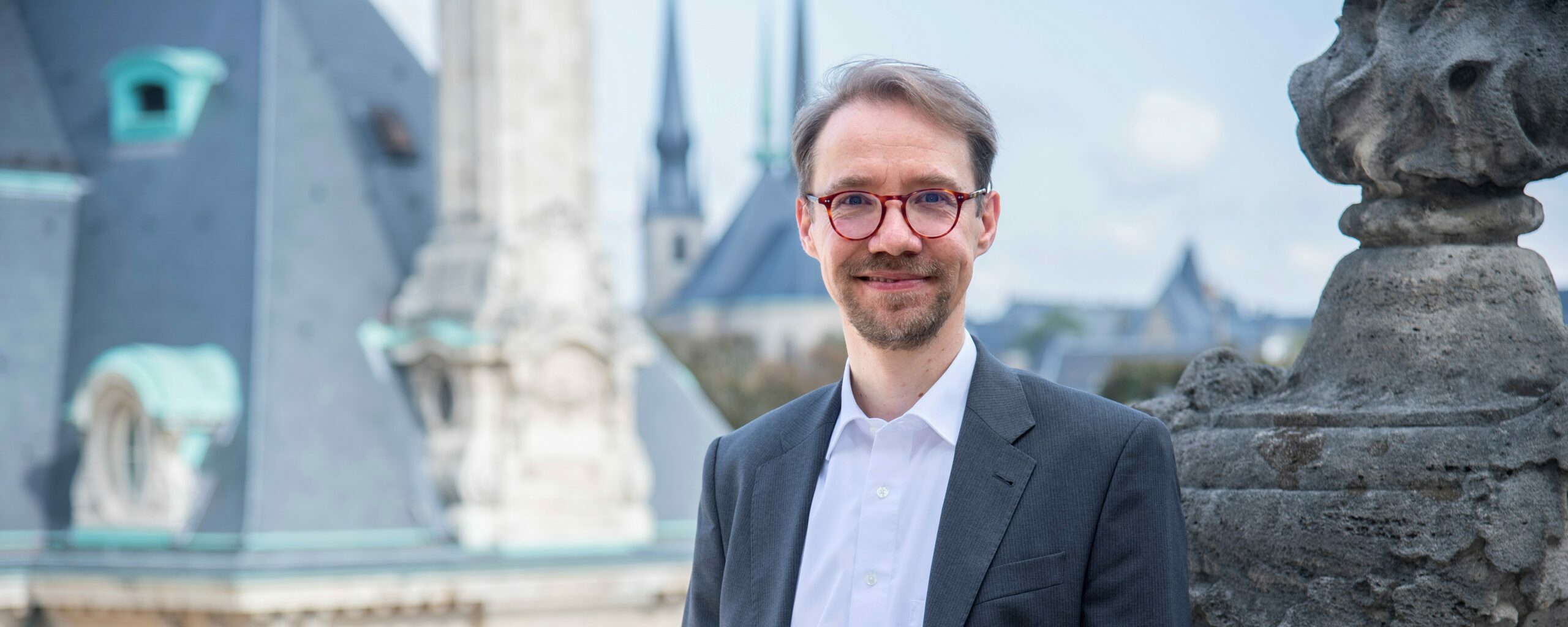In recent years, impact investing has emerged as pivotal strategies driving the transition towards sustainability. In particular, impact investing refers to the deployment of funds into investments that generate a measurable and beneficial social or environmental impact alongside a financial return on investment. But, what are the challenges that this domain faces and what could we do to further push impact investing?
This month we interviewed Gunter Fischer, Principal Advisor at the European Investment Bank (EIB) and chair of the recently launched LSFI Impact Investing Advisory Board (IIAB. He has shared with us his views as well as how he thinks that the IIAB could support the Luxembourg financial sector.
Luxembourg Sustainable Finance Initiative (LSFI): What is impact investing? What is the link between impact investing and sustainable finance?
Gunter Fischer (GF): Impact investing is about purposefully generating tangible positive results on an environmental and social scale. This is beyond and in addition to the financial return generated by an investment. As such, impact investing is about improving the life of all stakeholders of an investment.
Investments are based on the financial assessment of a project, the sourcing of funds, the project execution and the performance measurement. Sustainable finance provides tools to adequately assess impact investments ex-ante in relation to their expected impact, to source funds from sustainable sources, to implement impact investments and to measure the relevant impact of the investment. Sustainable finance and impact investing are hence intrinsically linked; sustainable finance is broader and provides a toolbox for impact investing.

Gunter Fischer, Principal Advisor at the European Investment Bank (EIB)
LSFI: Why is impact investing important in today’s financial landscape?
Gunter Fischer (GF): Society is faced with numerous challenges: the climate crisis, rising inequalities leading to migration and political polarization, deforestation, a loss of biodiversity etc. Impact investing can be one tool to address these social and environmental challenges.
To be also clear: impact investing is not the silver bullet solving these issues overnight. But it is an instrument and investment approach with potential to be developed and to create significant positive change, hence helping to address the challenges.
LSFI: As the chair of the Luxembourg Impact Investing Advisory Board (IIAB), what would you like to see the IIAB achieve?
Gunter Fischer (GF): Luxembourg is a major financial centre. In particular, on the asset management and fund side (public and private fund vehicles) it is world-leading.
I would like to take stock of the activities, motiviations and capabilities of the actors in the Luxembourg financial centre in relation to impact investing. My aim is to connect the actors, share ideas and tools as well as educate about impact investing and raise awareness. I would like to see also a change of attitude, more ouverture d’esprit and long-term thinking by decision-makers.
Overall, I want more capital flowing to impact investing, both on the private and public side. I would like to see retail banks offering their clients products with a clear impact investing focus, result definition and risk-return-impact consideration.
LSFI: How can the IIAB support the Luxembourg financial sector in general, and more specifically, help it thrive in impact investing?
Gunter Fischer (GF): The IIAB is composed of highly experienced professionals that are well-connected in the Luxembourg impact investing scene. These professionals have the chance to constructively connect the dots and mobilise the actors of the financial centre.
The IIAB can help to clarify/define terminology, provide connections, develop new initiatives and more broadly “spread the word” to inform the financial centre about impact investing. Increasing the availability of data on adequate impact results and financial returns would also be key and there the IIAB could help. The aim remains to mobilise (financial and other) resources to scale up impact investing in Luxembourg.
LSFI: What challenges does the impact investing space face? How can the work of the IIAB contribute to overcoming these?
Gunter Fischer (GF): A main challenge relates to the trade-off between impact and return. Impact investing aims to deliver both but often you can’t have the cake and eat it. While there are good opportunities that deliver both impact and competitive returns, for other opportunities something has to give. Striking the balance and clearly quantifying the trade-off is a major challenge.
This comes back to the data question. Reliable approaches to measuring impact are key to avoid “impact-washing”. On the flip side return data are needed to underpin the commercial basis of impact investing and to allow a precise quantification of the trade-off.
Finally, education and knowledge sharing remain a challenge and are needed to address the lack of awareness and sometimes a lack of alignment interest of impact investors and target investments.
The IIAB has the potential to help identify and address these challenges. The distinguished experts that form the IIAB have the competence to work on that and I am looking forward to help facilitate that work.





